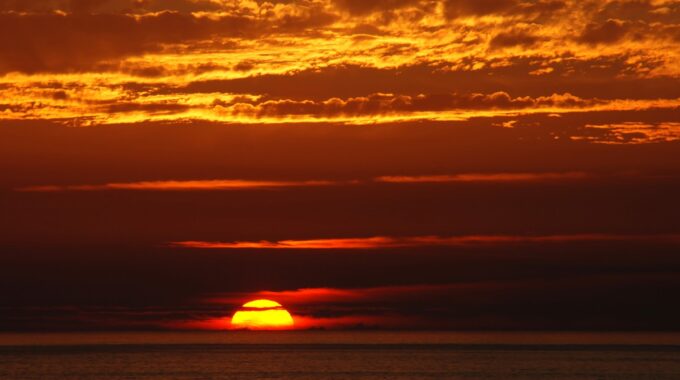Adapted from the writings of Dayan Yitzhak Grossman April 18, 2024 AP News reports: A…

Bais HaVaad on the Parsha, Parshas Chayei Sarah
Nighttime
Excerpted and adapted from a shiur by Rav Moshe Zev Granek
November 17, 2022
And Yitzchak went out to converse in the field toward evening, and he raised his eyes and saw, and behold! camels were coming.
Bereishis 24:63
The Gemara (Berachos 26b) derives from this pasuk that Yitzchak instituted the tfilah of Mincha. The Gemara also cites a machlokess between R’ Yehudah and the Chachamim whether Mincha may be recited until the end of the day or until plag haMincha, 1¼ sha’os zmanios earlier. The Gemara concludes that the halacha was not decided, so one may follow either view. This is the ruling of many Rishonim and the Shulchan Aruch (O.C. 233:1).
According to Rabeinu Yonah, one must choose a view and follow it consistently. The Mordechai says one may change from day to day, but he may not contradict himself by following both opinions on the same day (tartei desasrei), i.e., daven Mincha after plag and then Ma’ariv (whose zman begins after zman Mincha) before shkiah. Other Rishonim, including Rabeinu Tam, allow even that. Indeed, the Gra comments that the Shulchan Aruch, who permits davening Ma’ariv early in a she’as hadchak (pressing situation), is relying on Rabeinu Tam.
The Tur (O.C. 267) seems to say that even a person who davens Ma’ariv late on weeknights is encouraged to daven early on Shabbos. The Magein Avraham explains that this combines several factors: First, Rabeinu Tam permits davening Ma’ariv early even for someone who davens Mincha until shkiah. Second, the Mordechai allows changing one’s Ma’ariv practice daily. Third, Ma’ariv corresponds to the burning of the eivarim on the mizbeiach, which was done before Shabbos.





